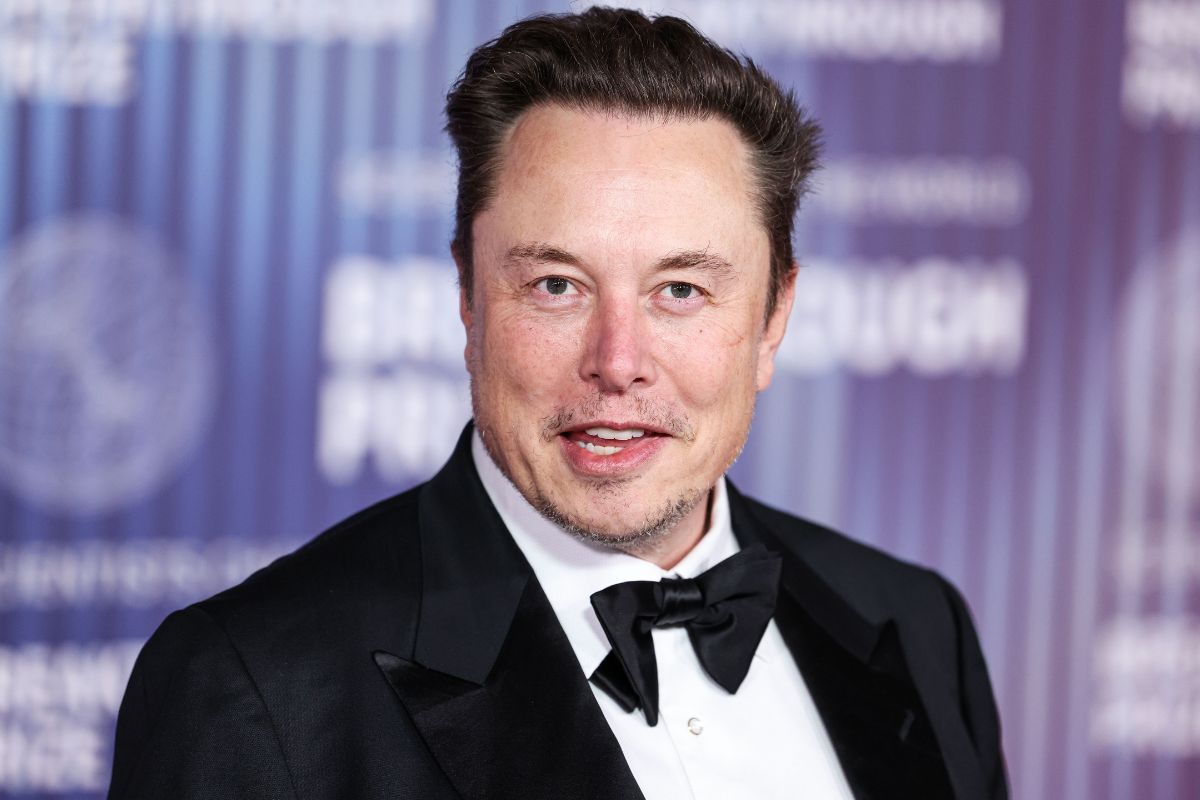Show table of content Hide table of content
Elon Musk, via his Department of Government Efficiency, has made redundancies at NHTSA, the US road safety agency. Paradoxically, among those dismissed are experts in autonomous vehicles, essential for regulating and approving Tesla’s future technologies, causing concern even within the ranks of the company. Elon Musk has fired the autonomous vehicle experts: these are the same people who were supposed to regulate Tesla’s cars
Is Musk jamming the wheels of regulation?
In a move officially aimed at government efficiency, the Department of Government Efficiency (DOGE), an initiative spearheaded by Elon Musk, recently cut staff at the National Highway Traffic Safety Administration (NHTSA). This federal agency, the cornerstone of road safety in the United States, has seen 4% of its staff made redundant. This decision is particularly significant given the crucial role played by NHTSA in relation to Tesla.
Not only is the agency the regulatory authority that oversees the carmaker, but it also conducts a number of in-depth investigations into its vehicles, including the controversial ‘Full Self-Driving’ (FSD) advanced driver assistance system. Tesla’s relationship with NHTSA is already marked by close scrutiny: between 2021 and 2024, the agency ordered no fewer than 50 recalls of Tesla vehicles. While some of these concerned minor software adjustments that could be deployed remotely, others raised more fundamental safety issues.
The real paradox of this situation lies in its potential consequences for Tesla itself. By weakening NHTSA’s in-house expertise on autonomous driving technologies, Elon Musk could inadvertently hamper his own company’s most ambitious projects. Employees who have been made redundant, speaking anonymously in the financial times, have pointed out that these departures risk undermining the agency’s ability to understand and oversee these emerging technologies, which are at the heart of Tesla’s future strategy.
The irony is all the greater given that, according to reports, Tesla executives are criticising these same redundancies internally. Far from welcoming a potentially less watchful regulator, they fear that the lack of resources and experts at NHTSA will delay the development and implementation of a coherent national regulatory framework for autonomous vehicles. Yet such a framework is considered essential for the large-scale deployment of the SDF and, above all, for the authorisation of Tesla’s future Robotaxis or Cybercabs. These revolutionary vehicles, which have no steering wheel or pedals, will require specific permits and approvals that only the NHTSA is authorised to issue. According to the xataka.com website, a Tesla executive has even said that it would be wiser to argue for an increase in the agency’s workforce in order to speed up these regulatory processes, rather than weaken them.
A context of mistrust and turbulence for Tesla
These controversial dismissals come at a time of great turbulence for Tesla and its emblematic CEO. Elon Musk’s increasing and sometimes divisive involvement in politics is seen by many observers and investors as a potentially damaging distraction for the car company. Past warnings, including those attributed to his own father about the negative repercussions of his political stance, now seem to be coming true. Hence the fact that there is finally talk of Elon Musk returning to the helm of Tesla, gradually withdrawing from politics.
Pressure is also mounting from shareholders. Influential figures such as Dave Portnoy, founder of Barstool Sports, no longer hesitate to publicly challenge Musk on X (formerly Twitter), wondering how far Tesla’s share price will have to fall for the billionaire to refocus his priorities on the company. These tensions are manifesting themselves in a difficult economic context for Tesla, which has seen its stock market valuation considerably reduced in recent months. This fall has had a direct impact on Elon Musk’s personal fortune, which recently broke the sad record of having lost $40 billion in a single week, a loss mainly attributable to the plummeting Tesla share price.
When all is said and done, the decision to reduce the NHTSA’s workforce, and more specifically its autonomous driving experts, appears to be a bold, if not risky, strategic gamble on the part of Elon Musk. While the stated aim is administrative efficiency, the consequences could prove counterproductive for Tesla’s future ambitions in the field of autonomous mobility. Caught between regulatory investigations, the need to obtain crucial approvals for its innovative projects and an increasingly complex economic and media environment, Tesla’s autonomous driving strategy now seems to be sailing in particularly uncertain waters.


